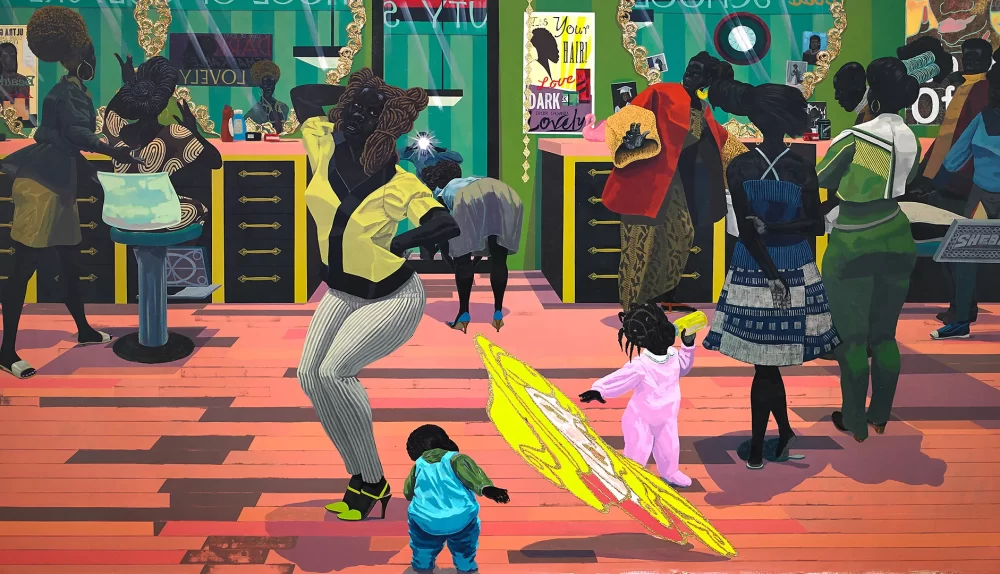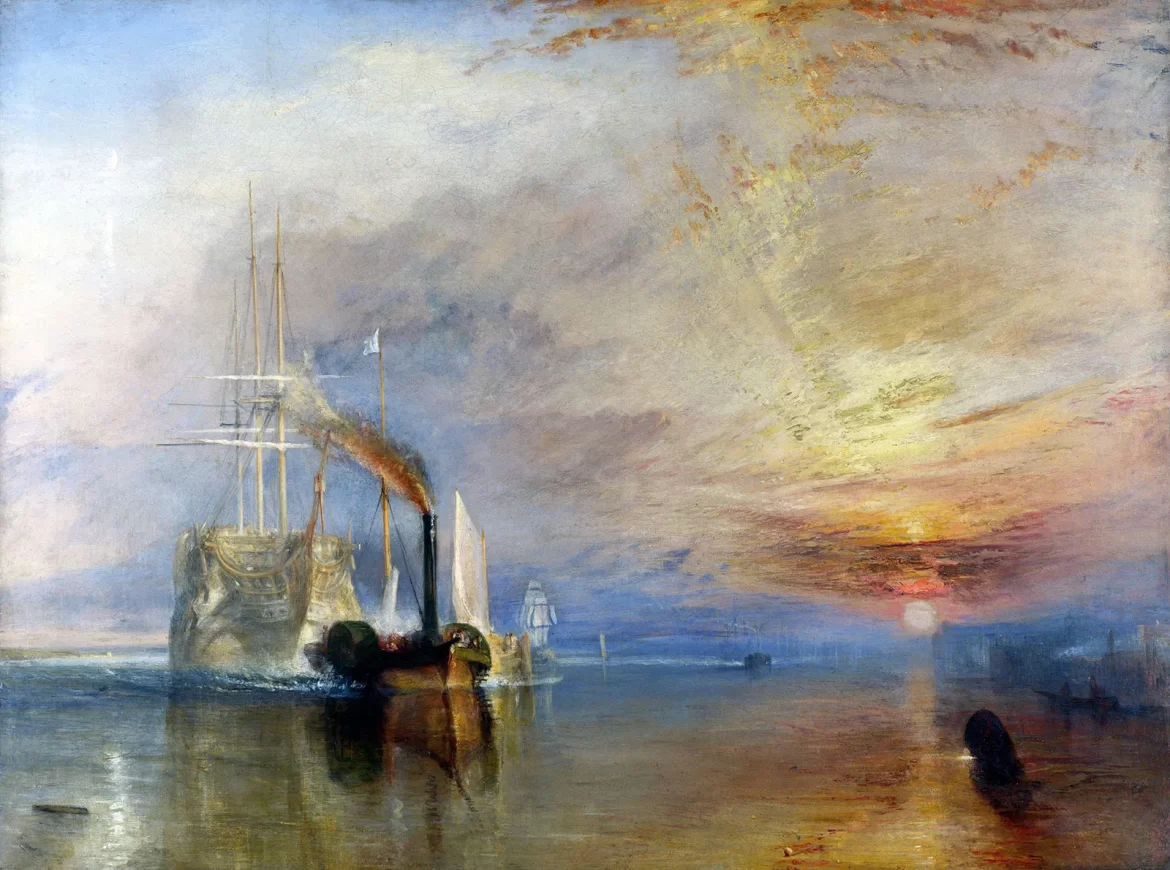Practical information for travelers
Traveling can be an exciting and enriching experience., but to enjoy your trip to the fullest, it's a good idea to be prepared. In this article you will find some invaluable tips and tricksthat you should know before you set off on your journey.
A. Print out all important documents
Don't forget to make a copy of your passport and it is useful to have also a printed version of your travel insurance.
To enter many countries you will need a visa or other documents.
It always helps to have a printed copy of all important documents, such as also an electronic version on your phone.
This way, if your phone gets lost/your battery runs out, you'll have a backup.
B. Get a SIM card as soon as you land
A SIM card will come in handy as soon as you arrive in the country, especially if you are travelling by public transport from the airport/bus terminal to your accommodation.
With You will most likely be dropped off in the city center or on the side of the road, and it's very useful to have the internet to find out, where are you located.
The Cascadas de Agua Azul, Mexico. Photo by: Natália Jančušková
C. Download offline maps in advance
Even if you have a sim card with data, you don't always have a signal.
Make sure you have downloaded the offline version of the maps, which covers the area you are traveling to.
Another useful tip is pin key locations to the map – such as accommodation, attractions, bus terminals and places to eat.
Still like that you will be able to find your way to key places, services and attractions.
D. Take a screenshot of your accommodation and write down the address
Don't rely on having internet access during your arrival.
You'd be surprised how many passengers gets off the bus in a new city and doesn't know the address or even the name of the place where they are supposed to stay. In case you don't have internet and access to your emails or apps, you can get into a really awkward situation.
Take a screenshot of your accommodation and booking or write down important information in your notes.
A screenshot is ideal, as you will be able to show it at the accommodation. if there are any ambiguities or complications with the accommodation.
East coast of Costa Rica. Photo by Natália Jančušková.
E. Read reviews
While it's not the way to focus on one negative review out of 10 positive ones, Reading reviews is definitely worth it.
Whether it is about accommodation, attractions or services.
Filter reviews by "newest first" and make sure you know what to expect.
The amount of accommodation It is undergoing changes and they are not always positive.
F. Beware of scams
Traveling is an amazing experience, and many of the people you meet will be welcoming, friendly, and helpful.
However, you will also encounter locals who will try to take advantage of travelers.
The most common scams usually involve taxi or tuk-tuk drivers, or money exchange kiosks.
Exchange money only at authorized currency exchange kiosks. – your accommodation should help you with this.
Tikal, Guatemala. Photo by: Natália Jančušková.
G. Check the weather when planning your trip
Research the individual countries you want to visit, and Plan which month would be best for you to travel.
If you plan to visit several countries during one trip, arrange them logistically with the weather in mind.
Sometimes it may not be the most financially advantageous,This way you will avoid a negative experience and wasted time and money.
H. Plan your route, but allow for flexibility
Whether you plan to visit one country or several countries, plan your trip in advance.
Having a rough plan of your route is a good idea so that you have an idea of what you would like to see in your time frame.
However, don't be too strict in your plans and Leave it to the natural course of life.
Be be flexible and take advantage of opportunities to visit places you didn't include to your original itinerary.
Having unexpected experiences is one of the best things about traveling!
You can find the continuation in a new article soon.







































